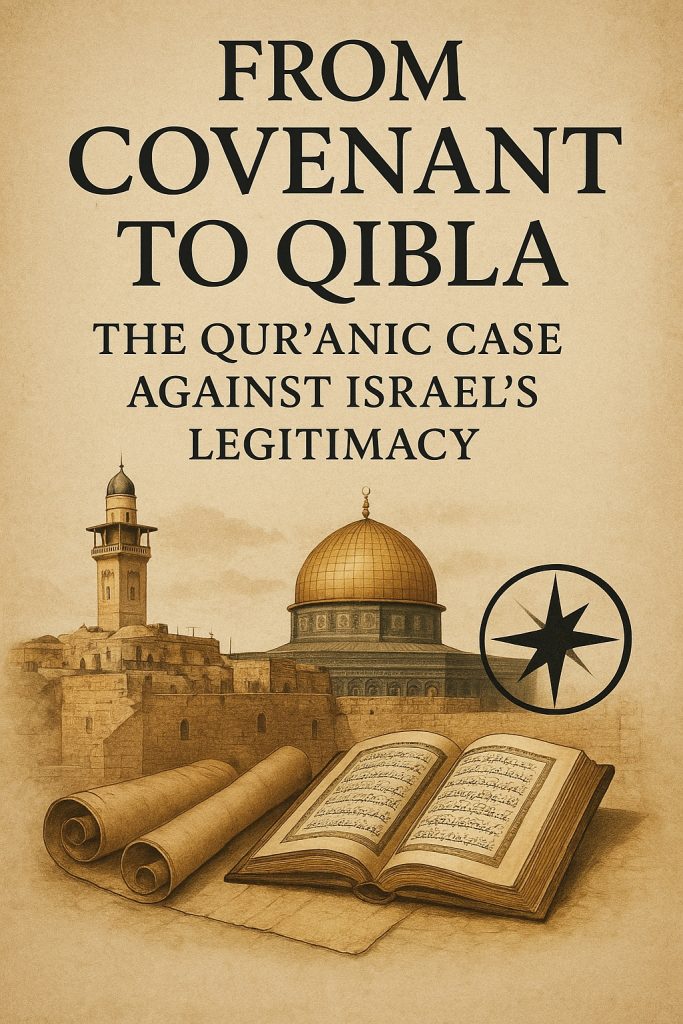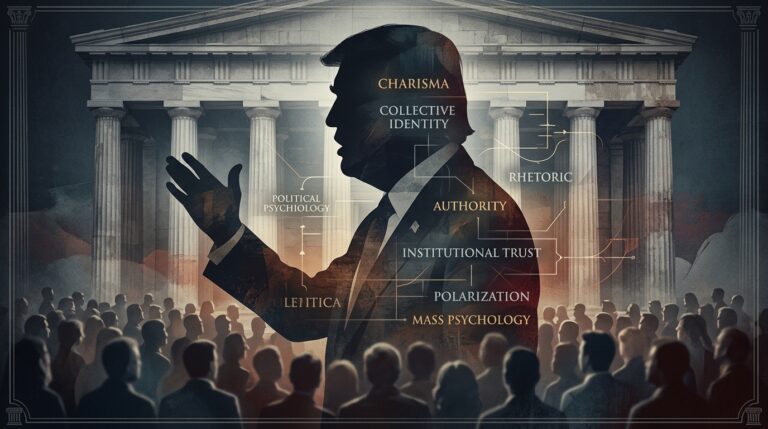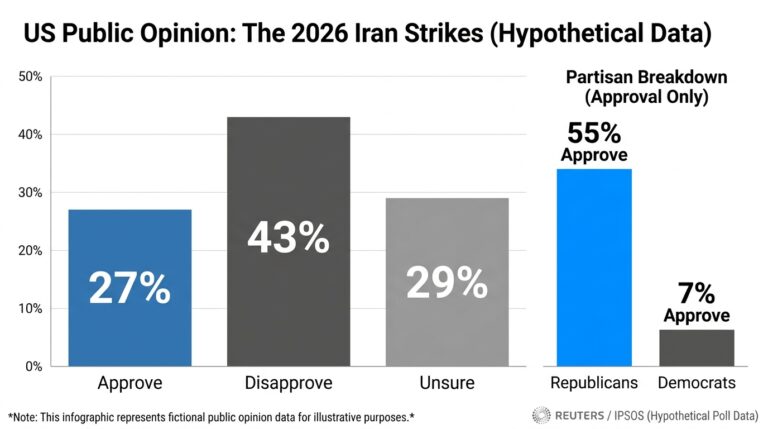From Covenant to Qibla: The Qur’anic Case on Israel’s Legitimacy
Introduction
From covenant to Qibla, as Muslims, we regard the sacred land of Palestine not merely as a geographical territory but as a divine trust (waqf) entrusted to the believers who wholly submit to Allah (SWT). Rooted in the Qur’an and Sunnah, Palestine represents a sacred legacy woven with the history of prophethood, covenant, and stewardship.
From Prophet Ibrahim (AS) to Prophet Muhammad (SAW), this land has witnessed divine tests, repeated blessings, and repeated betrayals. Ultimately, Islam affirms that the true inheritors of this blessed heritage are those who uphold the monotheism (tawhid) of all prophets.
This research explores Palestine’s history through the lens of Islam—covering Jewish expulsions, prophetic continuity, the change of Qibla, Muslim stewardship, Salahuddin Ayyubi’s magnanimity, and the contemporary illegitimacy of Israel.https://mrpo.pk/who-really-built-israel/

The Abrahamic Roots: A Shared Promise and Divine Trials
The story begins with Prophet Ibrahim (AS), the patriarch of monotheism. His migration to Canaan marked the dawn of our shared heritage. The Qur’an recounts:
“Indeed, I will make you a leader for the people.” [Ibrahim] said, “And of my descendants?” [Allah] said, “My covenant does not include the wrongdoers.”
(Al-Baqarah 2:124)
This covenant was conditional, tied not to ethnicity but to righteousness and submission.
Ibrahim’s descendants, through Ishaq (AS) and Yaqub (AS), formed the Twelve Tribes of Bani Isra’il. Allah (SWT) granted them prophets—Yusuf (AS), Musa (AS), Dawud (AS), and Sulayman (AS)—and blessed them with entry into the Holy Land.
Yet this favor was not permanent. Their repeated disobedience led to divine punishment and expulsions:
- Babylonian Conquest (586 BCE): Destruction of the First Temple.
- Roman Expulsion (70 CE & 135 CE): The Second Temple destroyed by Titus; Emperor Hadrian expelled Jews and renamed the land Syria Palaestina.
The Qur’an repeatedly reminds that inheritance is conditional:
“But those who broke the covenant… upon them is the curse of Allah.”
(Al-Baqarah 2:83-89)
Thus, Palestine is not an eternal ethnic entitlement but a trust for those who uphold tawhid and justice.
Genealogy vs. Faith: The Qur’anic Criterion
Modern debates often focus on genetics and ancestry—such as claims that Palestinians carry more ancient Hebrew DNA than Jews in Israel. While these discussions attract attention, the Islamic standpoint transcends genealogy. The Qur’an makes it clear that Allah’s covenant is not bound to bloodline but to faith and righteousness. When Ibrahim (AS) prayed for his descendants, Allah responded: “My covenant does not include the wrongdoers” (Al-Baqarah 2:124). Thus, even if a community traces its DNA to the land, divine legitimacy rests only with those who uphold tawhid, justice, and submission to Allah. In this light, Palestine belongs not to any lineage but to the righteous ummah that continues the prophetic mission.
Muslim Stewardship: No Expulsions, Only Protection and Return
With the advent of Islam, the ummah inherited the mission of earlier prophets. The Muslim conquest of Palestine (637 CE) under Caliph Umar ibn al-Khattab (RA) was not an act of expulsion but of restoration.
- Umar (RA) invited Jewish scholars back into Jerusalem.
- The Pact of Umar granted Jews and Christians religious freedom, protection, and security (Al-Baqarah 2:256).
Unlike Romans and Crusaders, Muslim rule allowed Jews to thrive. Under the Abbasids, Fatimids, and Ayyubids, Jewish communities prospered.
When the Crusaders (1099 CE) massacred Muslims and Jews in Jerusalem, Salahuddin Ayyubi (1187 CE) liberated the city, invited Jews to return, and reinstated coexistence. He even summoned Jewish families from Yemen, Iraq, and Egypt to resettle the city.
This pattern continued under the Ottomans (1517–1917 CE), until the colonial era and the Nakba of 1948, when over 750,000 Palestinians were displaced to establish Israel—a catastrophe rooted not in Islam, but in Western imperialism.
Prophetic Continuity: A Call to Unity Unheeded
Islam teaches that all prophets were Muslims in essence, submitting to Allah. Musa (AS), Isa (AS), and their followers were meant to unite under tawhid.
The Qur’an states:
“O People of the Scripture, why do you disbelieve in the verses of Allah while you witness [their truth]?”
(Aal e Imran 3:70)
Yet, due to tribalism, distortion of scriptures (tahrif), and power struggles, many rejected Prophet Muhammad (SAW). This fractured the Abrahamic family and diverted it from its original mission.
The Qibla’s Turn: A Proclamation of Muslim Leadership
Initially, Muslims prayed toward Jerusalem (Bayt al-Maqdis). But in the second year after Hijrah, Allah (SWT) commanded the shift:
“So turn your face toward al-Masjid al-Haram.”
(Al-Baqarah 2:144)
This was a divine declaration that the Muslim Ummah is the new custodian of the prophetic legacy. The Kaaba became the permanent qibla, while Al-Aqsa retained its sanctity as the first qibla and third holiest site.
The Sequence in Surah Al-Baqarah:
It is striking that in Surah Al-Baqarah, Allah first presents a charge sheet against Bani Isra’il—detailing their repeated covenant-breaking, disobedience, and arrogance (verses 40–123). Then, after demonstrating their loss of moral leadership, Allah transfers the responsibility of leading mankind to the Muslim Ummah. This transfer is symbolized by the change of Qibla (verses 142–150), marking a decisive moment when Muslims were appointed the central witnesses over humanity: “And thus We have made you a just community that you will be witnesses over the people” (Al-Baqarah 2:143).
The Illegitimacy of a Jewish State in Palestine
Given this divine and historical background, the establishment of Israel in 1948 lacks legitimacy:
- Palestine is a waqf for the ummah.
- Jewish covenants were repeatedly broken.
- Muslim stewardship historically guaranteed Jewish presence—but as protected residents, not rulers.
- Zionism transforms a spiritual covenant into secular nationalism—a project alien to both Islam and authentic Judaism.
The Qur’an proclaims:
“The earth belongs to Allah; He causes to inherit it whom He wills of His servants.”
(Al-Nur 24:55)
The Abraham Accords: A Case of Political Normalization vs. Divine Legitimacy
In September 2020, the Abraham Accords Peace Agreement was signed between the United Arab Emirates and Israel, promising peace, normalization, and cooperation
UAE_Israel-treaty-signed-FINAL-…
The treaty frames itself in terms of Abrahamic common heritage and economic prosperity, while setting aside the central Palestinian question.
From a Qur’anic perspective, however, the legitimacy of such agreements is deeply flawed. Islam commands peace, but not at the expense of justice and divine trust. The Qur’an affirms: “My covenant does not include the wrongdoers” (Al-Baqarah 2:124). Agreements that normalize occupation without addressing the dispossession of Palestinians contradict the divine principle that the earth belongs to the righteous who uphold tawhid and justice.
Thus, while the Abraham Accords may bring temporary stability and economic cooperation, they cannot substitute for genuine justice rooted in divine law. They remain political arrangements, not spiritually legitimate solutions.
Conclusion: The Covenant Endures for the Righteous
Palestine’s history is not one of exclusive ownership but of divine trust. The Qur’an, Sunnah, and Muslim history affirm that this land belongs to those who uphold justice, tawhid, and submission to Allah.
True peace can only come with Muslim sovereignty—where Jews and Christians live as protected communities, not as occupiers. The covenant of Allah endures, but only for the righteous.
As Muslims, we await the day when Al-Aqsa is purified, Palestine is liberated, and justice prevails for all believers.
👉 Suggested External Links:
- Qur’an Online (quran.com)
- org
- Boston Islamic Seminary



